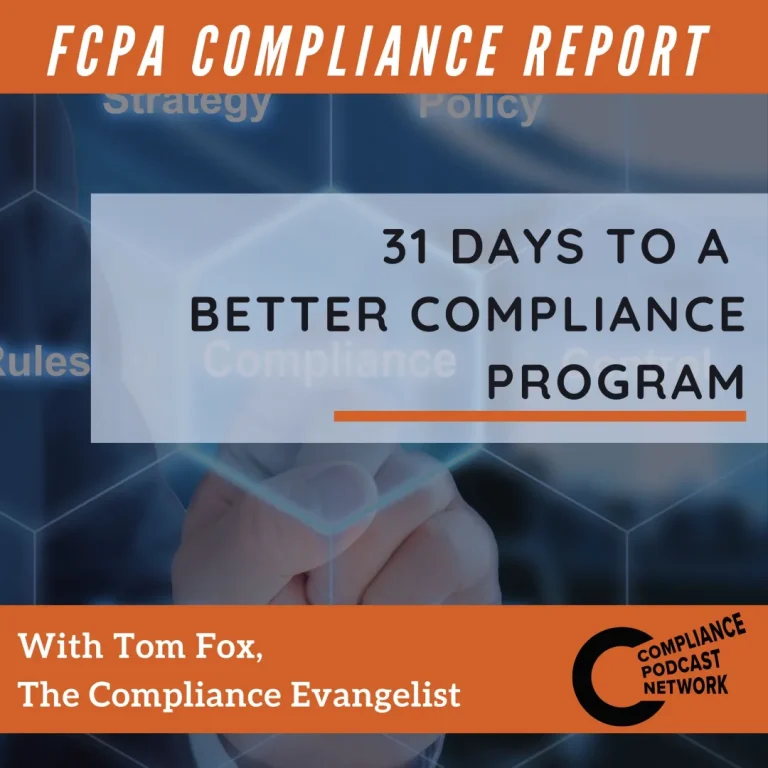In the DOJ’s 2023 ECCP, Incentives and Disciplinary Measures it stated:
Incentive System – Has the company considered the implications of its incentives and rewards on compliance? How does the company incentivize compliance and ethical behavior? Have there been specific examples of actions taken (e.g., promotions or awards denied) as a result of compliance and ethics considerations? Who determines the compensation, including bonuses, as well as discipline and promotion of compliance personnel?
When considering how a company could use incentives to further a compliance program and the role of HR in this process, we should also consider how incentives might lead to the converse, as they did in the now-infamous Wells Fargo fraudulent-accounts scandal. When you misalign these two concepts with a faulty sales strategy it can lead to a catastrophic failure, literally costing the company millions of dollars in fines, loss of business and depreciation of shareholder value. Whatever your incentive structure, there will be employees who try to game the system. Some will do it with the tacit or explicit approval of management. You, as the CCO, may be required to act.
Three key takeaways:
- Even a benign sales incentive program came become skewed.
- A sales incentive program can become high risk or illegal if not properly monitored.
- If there is alignment between the strategy, purpose and structure of an incentive system, it often makes the difference between a good and a bad one.
For more information, check out The Compliance Handbook, 4th edition here.






